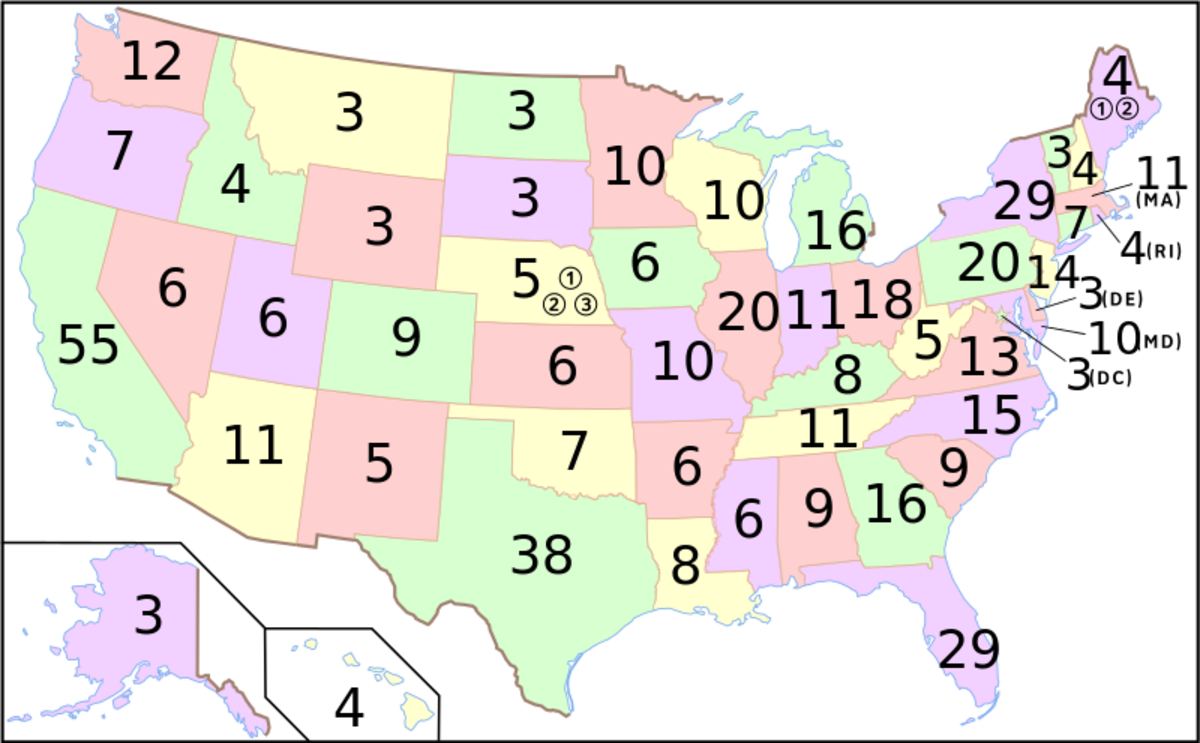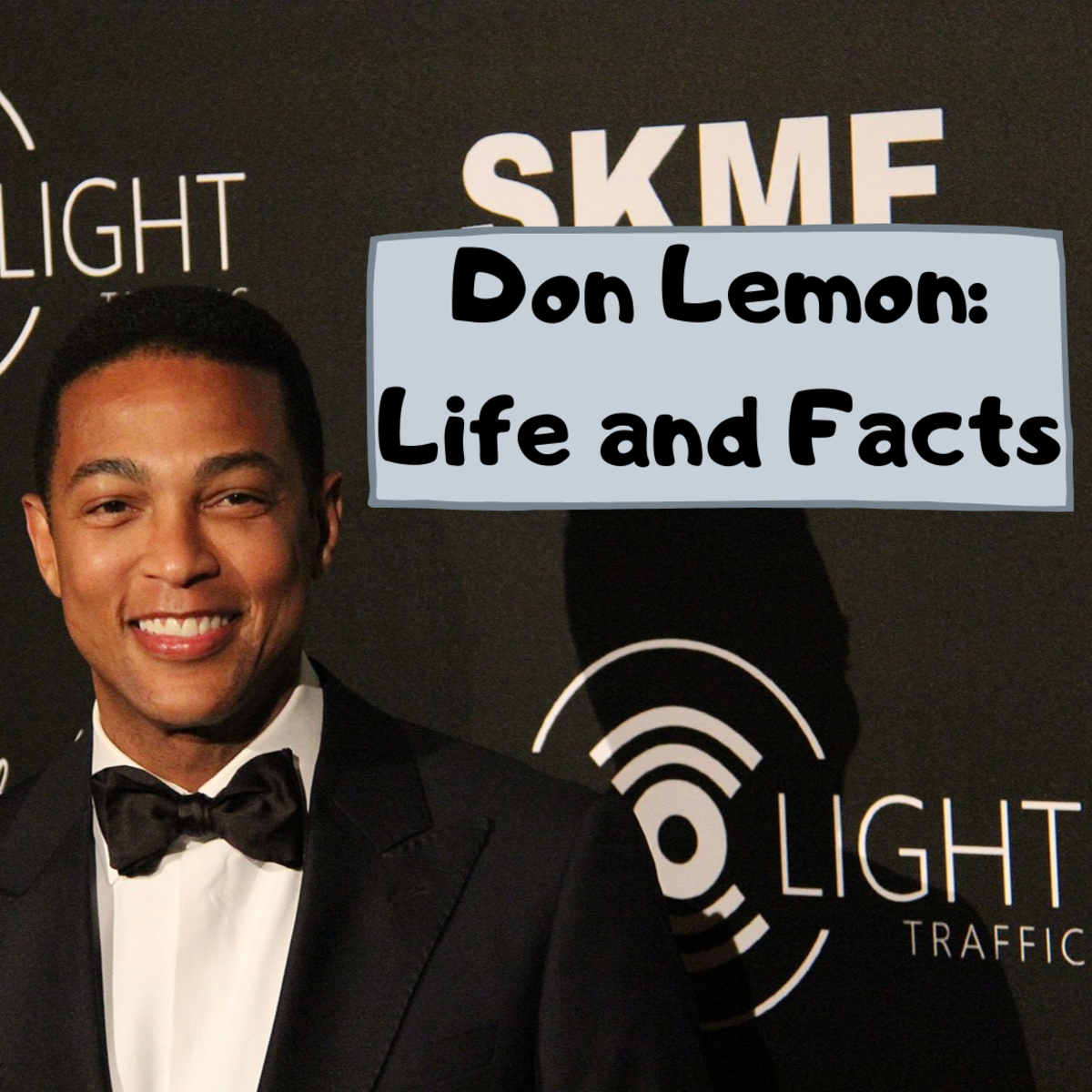An Alternative To Democracy
Alternatives to Democracy
One of my subjects at University was "Politics", during which I learned about forms of government such as monarchy. autocracy, democracy. dictatorship etcetera. Each system has its strengths and weaknesses. Soon after I left University I learned of a variation on democracy, about which I had not been taught.
Nevil Shute
Nevil Shute was the pen name of a brilliant engineer called Nevil Shute Norway. He wrote a series of books, each of which is really excellent. "In the Wet" was one of his later books, written after he had left Britain for Australia. It is an anti-socialist book, but so well written that the story was stronger for me than the political slant. After all, if I only read socialist books, my mind would be even narrower than it is now.
The Dream Sequence
The hero of this novel was a pilot, who nearly dies. While he is near death he has a dream in which he is still an Australian pilot, but the political system is very different to democracy as we currently know it. The voting system was, according to the dream, invented in Western Australia. It was so successful that quite quickly the whole of Australia adopted it.
The Seven Votes
Elections were held in the normal way. but the number of votes each elector had was not the same.
Every person over 21 had the basic vote.
If you had a degree or a professional qualification or you had been an officer in the armed forces you had an extra vote.
If you had earned your living abroad for two years you had an extra vote. Our hero had been a pilot officer in World War II, so he starts the story as a three vote man.
If you had raised two children to the age of 14 (then the school leaving age) without a divorce, both of you were entitled to an extra vote because you are the glue that holds society together.
There was a vote based on an income threshold. The thinking was that a man might have fallen out with his wife, but substantial economic achievement deserved that he should have more votes than his junior typist.
Someone who was doing a real job for his church on a voluntary basis, be it lay preacher or some kind of organiser, was making a substantial contribution to society.
The Seventh Vote was the personal gift of the Queen, given only for services to the Monarchy or as recognition of some significant achievement outside the given parameters. I will not spoil the story by telling you how our hero earns the Seventh Vote.
Arguments For
The argument for this system of voting is that it recognised that not everyone is alike. It favours those who have contributed to society, and recognises that they have life experience, common sense, and have worked hard to get where they are. They have more to contribute to society than the one vote person who has not achieved any of the voting qualifications.
The argument is that if you give the sensible people more votes than the feckless, you will get better politicians and better political programmes. You will get better management of what state there is, and there will be a strong desire not to expand the state any further than necessary. Conversely if it is necessary to do something extraordinary but necessary the electorate will back it.
Arguments Against
Once you move away from one man one vote you are damaging democracy. If you believe that all men are created equal, you will not go down this road. There will be people who perhaps never earn much money, and whose personal lives had had hitches, but they are and should be equal in voting to people who perhaps have been fortunate. Given that one marriage in three ends in divorce, and many people now do not marry, many good people would still only have one vote. That would be immensely unfair.
What do I think?
As some readers will know, I was a socialist activist for many many years. I am against the idea. because it is intrinsically undemocratic. A rich person would have between 1.5 and 2 times as many votes as a poor person. If the rich person has a university degree the imbalance moves to 3 times.
So why has the idea stuck in my mind for over 30 years? Because it has some attraction as a way of righting the imbalance between the scrounging parasites of this world and the people whose taxes support them.
Dealing with the very rich parasites is a different problem, but it may be that a better democracy can deal with them, too.
Neville Shute Books
Also By Charles James
- The 2010 British General Election
A spoof report on how Britain elected the Green/ Monster Raving Loony Party in 2010 and what this unexpected coalition government did. - Some Political Jokes and Anecdotes
Political Jokes often present a political truth succinctly. Many are transferable across continents and across time. This is a series of political jokes and anecdotes added to as I remember them. - Elected Councillor For Paradise
How Charles James increased the Labour vote 80% to take a safe Conservative council seat for Labour. Astonishing and true! - Increased Majority In Paradise
How Charles James improved his Labour vote and his majority in a further 48% increase on top of the 80% increase earlier recorded. How to hold a marginal seat. All true!






